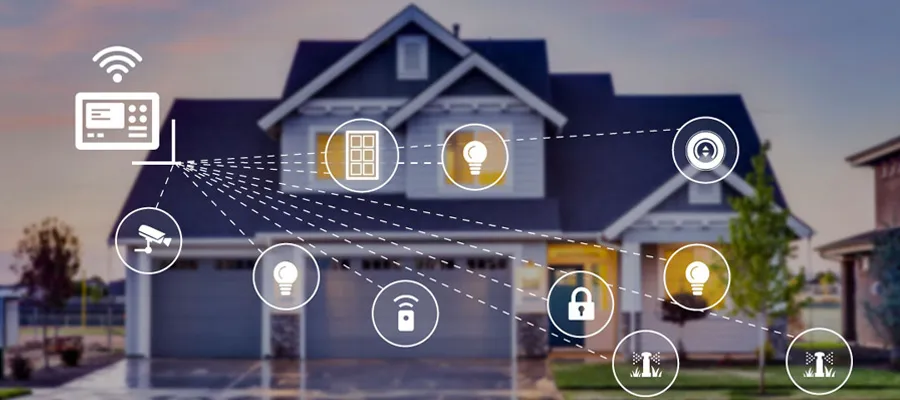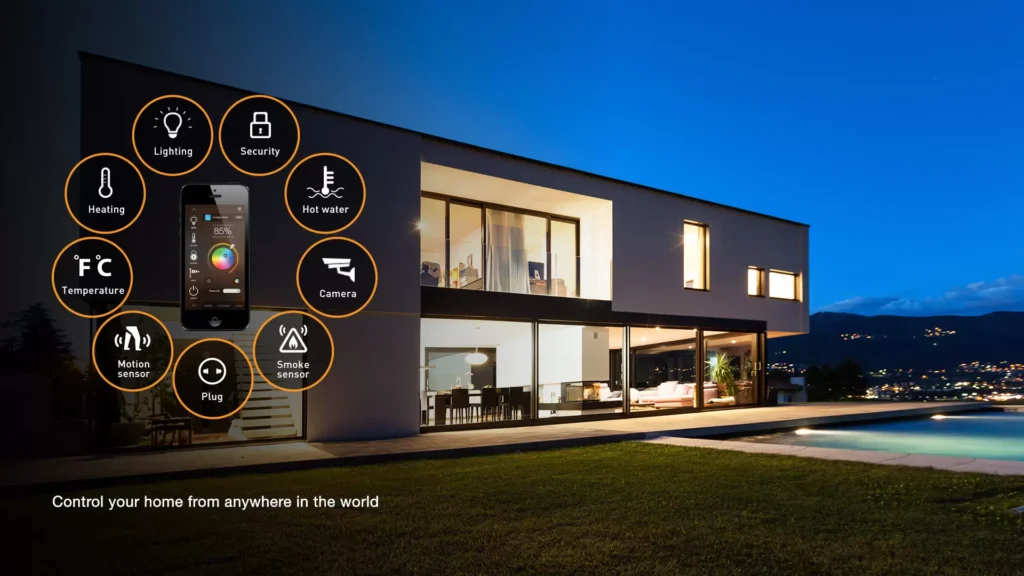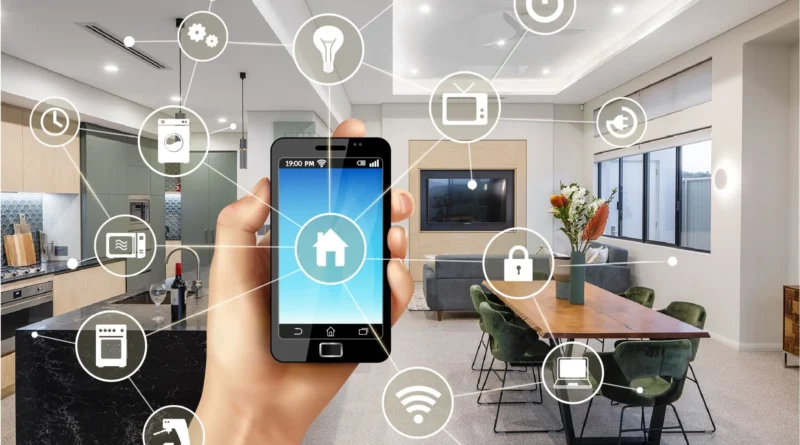How Much Does Smart Home Insurance Cost (2025 Rates)
How Much Does Smart Home Insurance Cost? (2025 Rates Explained)

As smart home technology continues to evolve in 2025, more homeowners are asking an important question: How much does smart home insurance cost? With devices like smart locks, cameras, thermostats, and leak sensors offering advanced security and efficiency, insurers are now adjusting their policies to reflect the lowered risks — and potential vulnerabilities — associated with smart homes.
In this guide, we’ll break down the average smart home insurance costs in 2025, how having smart devices can affect your premiums, and what you should consider when choosing the right policy.
What Is Smart Home Insurance?

Smart home insurance is a modern take on traditional homeowners insurance that takes into account the presence of internet-connected devices designed to protect, monitor, or control your home. These devices can include:
- Smart thermostats
- Security cameras
- Motion detectors
- Smart locks
- Water leak detectors
- Smoke and CO detectors
Insurance providers may offer discounts or enhanced coverage if you have certain types of smart devices installed.
2025 Smart Home Insurance Cost Overview
Average Monthly Premiums
In 2025, the average cost of home insurance for smart homes ranges between $95 and $135 per month, depending on several factors:
| Home Size | With Smart Devices | Without Smart Devices |
|---|---|---|
| < 1,500 sq ft | $95/month | $120/month |
| 1,500 – 2,500 sq ft | $110/month | $140/month |
| > 2,500 sq ft | $125+/month | $160+/month |
Yearly Average Premiums
Annual premiums can range from $1,140 to $1,620 for homes with smart features. That’s an average savings of up to 20% compared to traditional insurance rates.
How Do Smart Devices Lower Insurance Premiums?

Many insurance providers see smart homes as less risky, which can translate into lower costs. Here’s how:
1. Enhanced Security
Smart cameras, doorbells, and motion sensors reduce the risk of burglary. Insurance companies often provide discounts of 5%–10% for homes with monitored security systems.
2. Fire and Smoke Detection
Smart smoke and CO detectors alert you instantly and can notify emergency services — reducing potential damage and claims.
3. Water Damage Prevention
Water leak sensors and automatic shutoff valves can help prevent thousands of dollars in water damage, which is one of the most common insurance claims.
4. Energy Monitoring and Efficiency
While this may not directly affect premiums, energy-monitoring smart devices are often favored by eco-conscious insurance providers offering “green home” incentives.
Factors That Influence Smart Home Insurance Rates
Even with smart technology, insurers consider multiple variables when determining your rate:
1. Location
Homes in areas prone to hurricanes, floods, or wildfires will still carry higher premiums — even with smart detection systems.
2. Home Value and Size
Larger or more expensive homes naturally cost more to insure. However, comprehensive smart systems can help reduce this added cost.
3. Age of the Home
Older homes may benefit more from smart upgrades, as these can mitigate risks associated with outdated wiring or plumbing.
4. Type and Number of Smart Devices
Some insurers require a minimum number of devices (e.g., smart lock + security system + smoke detector) to qualify for smart home discounts.
Best Insurance Companies Offering Smart Home Discounts (2025)
1. State Farm
Offers up to 15% discounts for qualifying smart security systems and actively promotes partnerships with home automation brands.
2. Allstate
Their “Connected Home” program provides discounts for customers using smart leak and smoke detection devices.
3. Liberty Mutual
Provides savings when you use smart sensors that detect motion, temperature, and humidity — helping prevent accidents before they happen.
4. Nationwide
Works with multiple smart home platforms and offers exclusive rate reductions for bundled coverage.
Is It Worth Getting Smart Home Insurance?

If you’re already investing in smart home devices, it absolutely makes sense to get insurance that recognizes and rewards that effort. Here’s why:
Pros:
- Lower insurance premiums
- Faster claim processing with connected devices
- Increased home security and peace of mind
- Possible bundling benefits
Cons:
- Initial cost of smart devices
- Privacy/security risks if devices are hacked
- Not all insurers offer smart home discounts yet
How to Get the Best Rate on Smart Home Insurance
Here are a few tips to maximize your savings:
1. Bundle Your Policies
Combine auto, home, and smart home coverage under one insurer to qualify for multi-policy discounts.
2. Compare Quotes Online
Use comparison tools to evaluate multiple providers based on your home’s specs and smart device setup.
3. Maintain Your Devices
Keep all smart systems updated to avoid potential claim denials due to malfunctioning hardware.
4. Ask About Partnerships
Some insurance companies partner with brands like Ring, Nest, or Ecobee — offering discounts just for using their tech.
Future Trends: Smart Home Insurance in 2026 and Beyond
Experts predict that by 2026, nearly 70% of homes will include at least one smart device. Insurance will likely evolve to include:
- Dynamic pricing based on real-time data from your devices
- Preventive claim models, where insurers alert homeowners before a disaster happens
- Blockchain-backed claims for faster and more secure processing
Final Thoughts
Smart home insurance in 2025 offers a unique blend of cost-efficiency and peace of mind. While the upfront investment in smart devices may be considerable, the long-term savings and increased protection make it a smart choice for many homeowners.
If you’re considering a policy upgrade or buying a new home, look into what smart home discounts are available — it might save you hundreds each year.
Frequently Asked Questions (FAQ)
Q: Do I need to notify my insurer about new smart devices?
Yes. Most insurers require documentation or verification of devices to apply discounts.
Q: Can renters benefit from smart home insurance?
Yes. Renters insurance policies can also offer discounts for smart locks, smoke detectors, and security cameras.
Q: What if my smart device fails during a claim?
Coverage eligibility depends on device functionality, so regular maintenance is important.
Interested in Lowering Your Premiums?
Compare smart home insurance providers now and unlock savings customized for your tech-enabled home.

